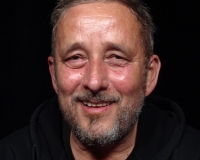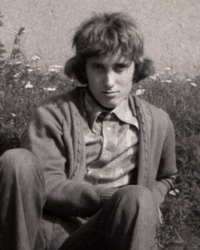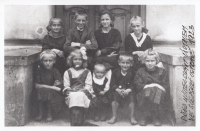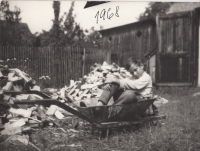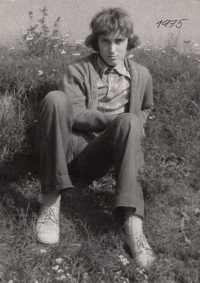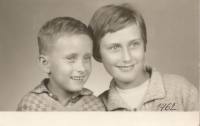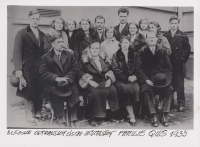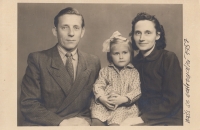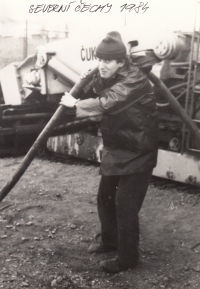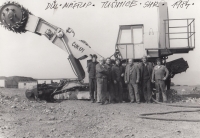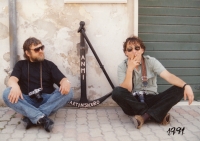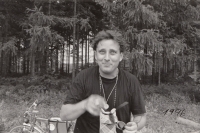There was this considerable deal of wretchedness in it
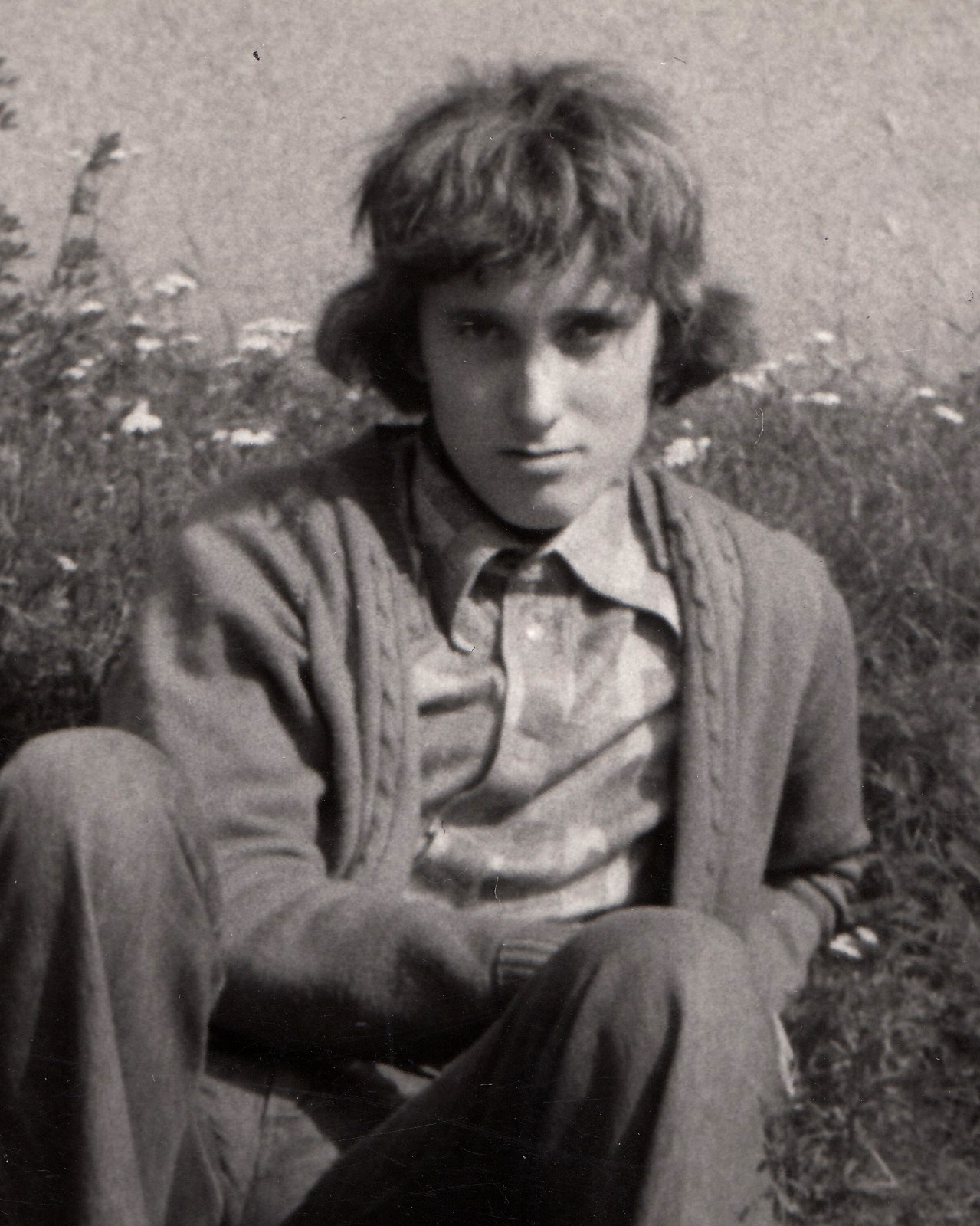
Stáhnout obrázek
Ladislav Vavřík was born on May 21st of 1958 in Ostrava to a family of Sudeten-German heritage. After graduating from a secondary technical school as an electrician, he started his compulsory military service. He had been assigned to a secret missile site in Southern Slovakia as a technician, as at that time, the USSR had been trying to match the pace with the NATO states in the arms race. In the 70s and the 80s, he had been working with a crew of electricians at Vítkovice Foundry (Vítkovické slévárny). There, he also joined the local Communist Party (KSČ) organisation, being its member till the Autumn 1989 Velvet Revolution. In the late 80s, he took photography lectures at the local People´s School of Arts taught by František Řezníček. He witnessed the Fotosalon Vítkovice, the legendary festival of photography, and after the Revolution, he started to organise his own show, the Photographic Gathering (Setkání fotografů). In the 90s, he graduated from the Creative Photography Institute (Institut tvůrčí fotografie) in Opava, and was a co-founder of the Ostrava Club of Photography (Ostravský fotoklub). Since 2000, he has been running The Photography Closet (Kamrlík fotografie), a shop offering photographic film material, as well as equipment for its processing.
